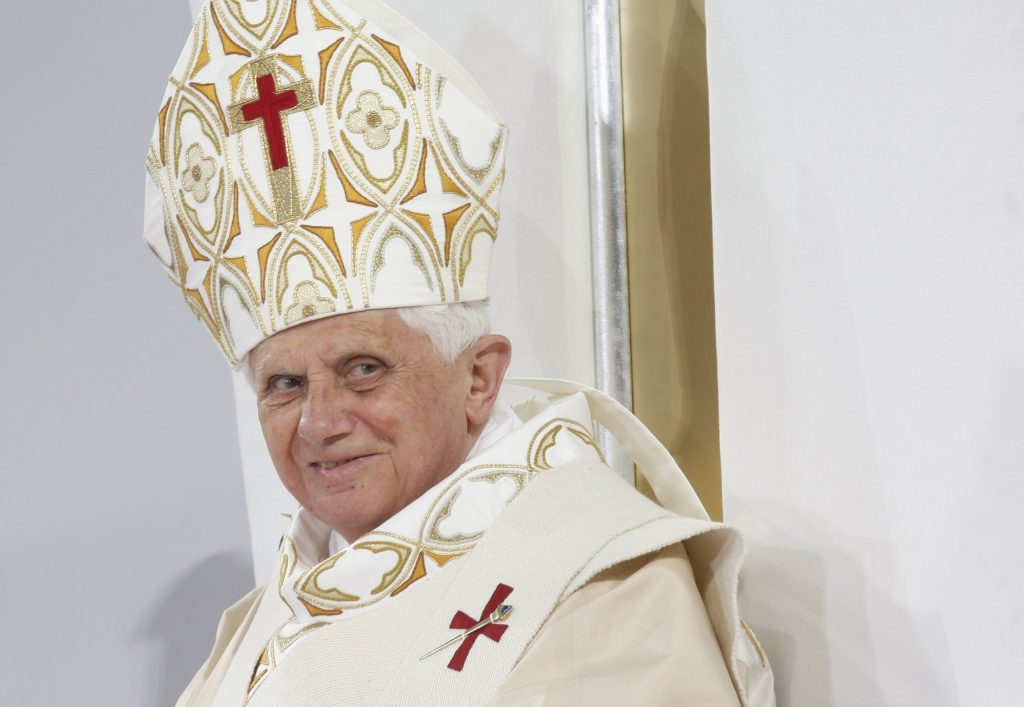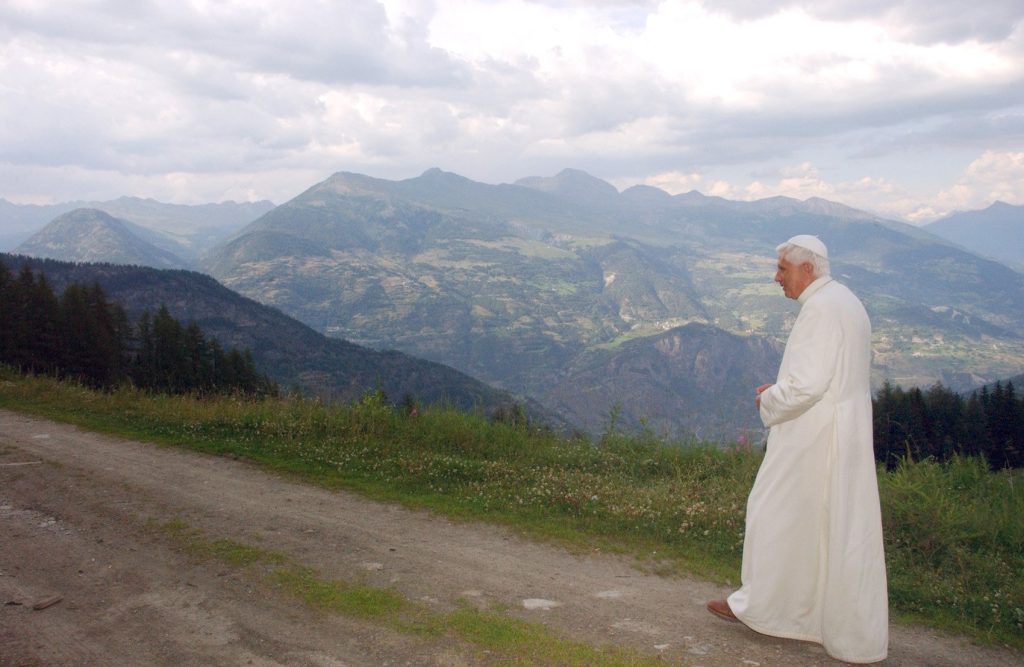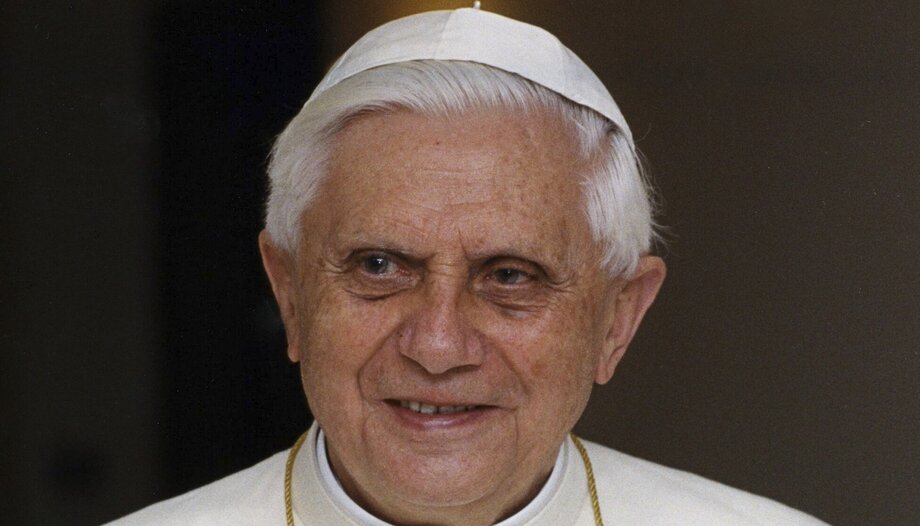The December 31, 2022 the world received shocking news. Pope Emeritus Benedict XVI died on that last day of the year. A few days earlier, Pope Francis had asked for prayers for his predecessor, who was residing in the Mater Ecclesiae monastery.
Death did not stop Benedict XVI's impact on the world and the Church. Throughout 2023, the German pope's intellectual and spiritual witness has continued to enlighten everyone. From his works such as "Jesus of Nazareth," his travels around the world (he made 24 apostolic journeys during his pontificate) to his speeches, Benedict XVI left a very complete and profound legacy for all Catholics.
Homilies of Benedict XVI
The thoughts of the Pope Emeritus are still waiting to see the light of day. According to the "Catholic News Service" portal, a volume with about 130 homilies of Benedict XVI will be published in 2024. Some of them were delivered while he was Pope, but the vast majority are private sermons he gave after his retirement.
Although the date of publication is not yet known, a preview of the content can already be read. At the beginning of December, both "L'Osservatore Romano" and "Die Welt" published a homily that Benedict XVI focused on the figure of St. Joseph.
The Ratzinger Prize
The German Pope was always noted for his intellectual capacity. It is not surprising, therefore, that every year the Holy Father awards a Ratzinger Prize to "scholars who have distinguished themselves by particular merit in publications and/or scientific research."
In 2023 they received the award Pablo Blancoone of the most renowned experts on Benedict XVI, and Francesc Torralba, a Spanish theologian and philosopher. On the day of the awards ceremony, both Torralba and Blanco indicated that Ratzinger's thought and legacy will illuminate the Church of the present and the future.
Benedict XVI and politics
As already mentioned, Benedict traveled extensively during his pontificate. While it is true that apostolic journeys always have an essentially spiritual character, this does not exclude the fact that there are also social needs and policies that are of concern to the Pontiffs.
One of the Pope Emeritus' most famous trips was to Germany in 2006. On that occasion, Benedict gave a speech in Regensburg during which he stressed the relationship between faith and reason, especially in the academic field.
Shortly after that trip to his native country, the German pontiff spoke to the members of the United Nations in New York. He reminded them of the importance of upholding human rights.

Three encyclicals
His travels did not prevent Benedict XVI from writing documents with which to nourish the Church. He wrote three encyclicals that are still the subject of study today. The first of these was published at the beginning of his pontificate under the title "Deus Caritas est". In it he wanted to deepen man's capacity to live charity, since he is created in the image and likeness of God.
The German pope's second encyclical was "Spe Salvi". With it, Ratzinger wanted to encourage Catholics to live in hope, without settling for modern substitutes. Two years later, on June 29, 2009, he published "Caritas in veritate", an encyclical in which the Pope developed the idea of social justice and the importance of putting the person at the center of business and economic relations.
Faith in Jesus Christ, trust in the Church
Perhaps aware that the Church always encounters obstacles, the Pope emeritus wanted to encourage everyone in his spiritual testament. These last words of his, which can still encourage Catholics today, show his faith in Christ and how much he trusted the Church.
At the end of his spiritual testament, after remembering his relatives and his homeland, and after asking forgiveness for his mistakes, Benedict said: "Jesus Christ is truly the way, the truth and the life, and the Church, with all her inadequacies, is truly his body".
The soul in vigil
It would be a grave error to think that Benedict XVI stopped serving the Church the day he retired. When he announced that he felt incapable of "administering well the ministry entrusted to me," in reference to being head of the Church, Ratzinger moved to a monastery in the Vatican. There he never ceased to watch over "the boat of St. Peter" and spent years praying for the Church.
The German Pontiff affirmed that he would continue to serve the Lord from that retired place, with his prayer and the sacrifice of a worn-out body. Undoubtedly, the whole Church has benefited from the sometimes strong and dynamic, sometimes prayerful and reflective dedication of Benedict XVI's vigilant soul.








